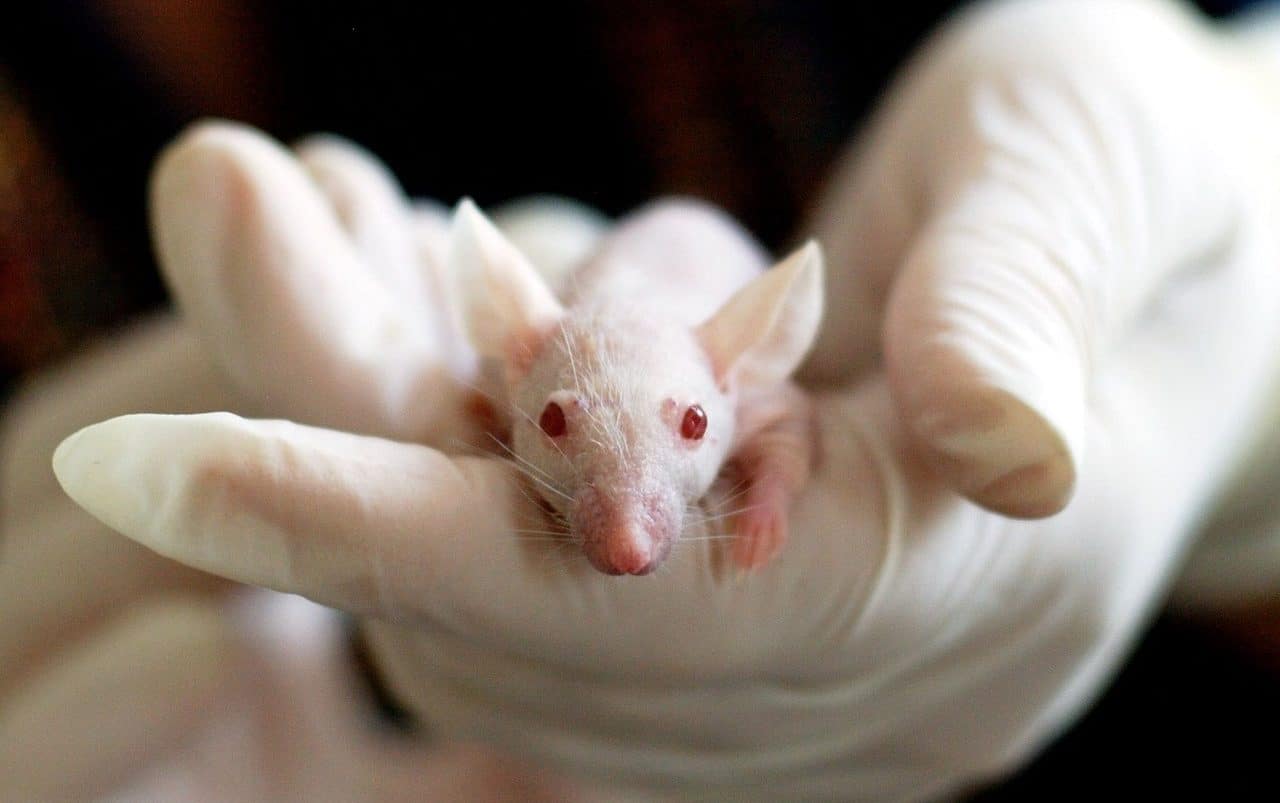
Bioethics analyzes whether human behavior is appropriate in scientific research.
Bioethics is a discipline that studies both biological research itself and its applications. Its purpose is to provide principles that promote adequate human behavior with respect to the different forms of life and the environment in which the vital conditions of the species can be generated.
The research carried out in the field of biology can constitute great advances for humanity , but it can also generate multiple debates. Those ethical dilemmas that arise from this type of studies are analyzed by bioethics.
Origin of bioethics
The German religious, educator and philosopher Fritz Jahr ( 1895 – 1953 ) was the one who first postulated the concept of bioethics.
Jahr coined the term in an article he published in 1927 about what the ethical bond between people and animals and between people and plants should be like. As the years went by, and the advancement of science, the notion acquired more importance.

The concept of bioethics emerged in the 20th century.
Its characteristics
It can be said, in a broad sense, that bioethics encompasses all those ethical conflicts that are related to life in general. What bioethics seeks is that moral rectitude and values govern man 's actions with respect to all forms of life.
Abortion is one of the issues that concern bioethics, where it is debated when life begins. Euthanasia is also the object of study of this branch of ethics . Another issue that interests bioethicists is cloning .
Principles of bioethics
In 1979 , two bioethicists named James F. Childress and Tom L. Beauchamp established the definition of four principles that lay the foundations of bioethics:
- Autonomy : this is the ability of a living being to establish its own rules or norms without external pressures influencing its decision. The nature of this principle of bioethics is imperative and it is necessary to respect it as long as the individual does not have his autonomy limited due to health problems, which must be justified. In the field of medicine , the highest expression of this principle is called informed consent and constitutes one of the patient's rights as well as one of the doctor's duties.
- Beneficence : it is the obligation to take into account the benefit of others before acting, leaving aside prejudices to focus on their true interests. Doctors must promote actions that respect patients' needs without allowing their opinions to get in the way. The reason for such a procedure, according to this principle of bioethics, is that the professional has the appropriate tools to help the patient and decide what is best for them, something that has sparked various controversies.
- Non-maleficence : It consists of intentionally avoiding any act that may cause harm or harm to others. This should apply to all areas of life, although our species is far from letting others live in peace. In the specific sector of medicine, this principle is not always easy to notice, since sometimes professionals cause a certain amount of harm to achieve a certain objective, and that is why they can reinterpret it so that it indicates "not to harm anyone unnecessarily." .
- Justice : each individual must be treated as an equal, without prejudices regarding their ideologies, their ethnicity or their economic situation, among other aspects of their person. The fight against inequality is one of the most relevant of our era, and without a doubt the most powerful people have a fundamental role in putting an end to discrimination, the unfair distribution of goods and hatred based on physical or ideological differences.
